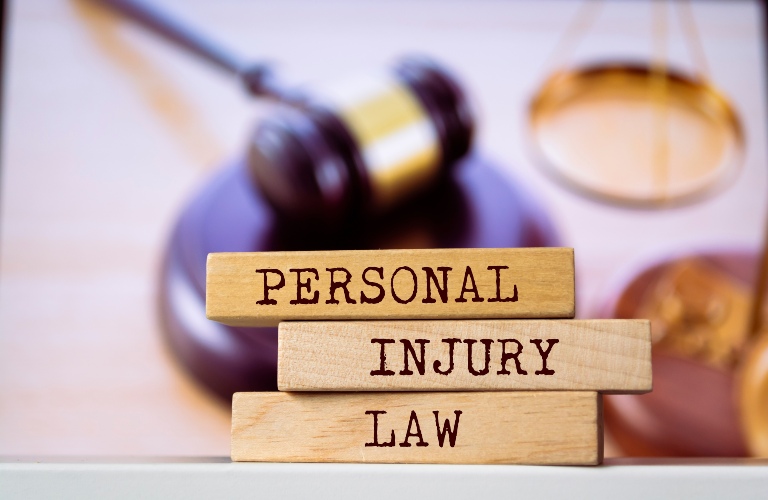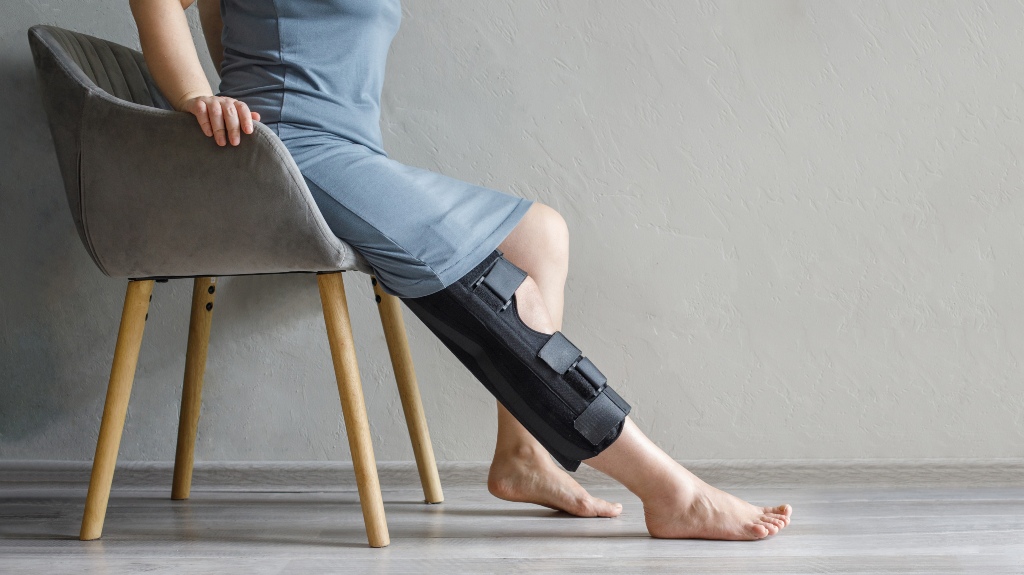In many states, an injured accident victim can pursue a personal injury claim even if they share some responsibility for causing the accident or their injuries. The doctrine of comparative negligence means that an injured person does not automatically lose the right to seek financial compensation simply because they share some of the fault. However, comparative negligence can affect an accident victim’s financial recovery in their personal injury claim.
Understanding Comparative Negligence
Comparative negligence gives an injured person the right to seek financial compensation for their injuries even though they share some responsibility for causing them. In most states, comparative negligence rules replaced the traditional doctrine of contributory fault, which automatically barred a person from pursuing a personal injury claim even if they only bore one percent of the fault for causing their injuries.
However, the doctrine of comparative negligence also states that a partially at-fault claimant must bear financial responsibility for their share of fault for their injuries and losses. Thus, comparative negligence rules can reduce an injured person’s financial recovery in a personal injury claim in proportion to their share of fault.
Types of Comparative Negligence Systems
States use one of two types of comparative negligence systems: pure and modified. In the pure comparative negligence system, an injured party can pursue compensation in a personal injury claim regardless of their share of fault for causing the accident that led to their injuries. Conversely, modified comparative negligence systems place a cap on an injured party’s allowable share of fault – a party whose share of fault exceeds the threshold under state law cannot pursue a personal injury claim. States that use modified comparative negligence systems usually set the threshold at 50 or 51 percent, which means a claimant must have a lower or an equal or lower share of fault than the defendant(s), respectively.
New York law follows the pure comparative negligence system, which means that an injured person can pursue a personal injury claim even if they bear a majority of the fault for causing their injuries.
How Comparative Negligence Affects Personal Injury Claims
Comparative negligence can affect personal injury claims by reducing an injured person’s compensation or potentially barring them from seeking compensation altogether. For example, suppose a person bears 60 percent responsibility for the car accident that injured them. In a pure comparative negligence system, their share of fault will reduce their financial recovery in a car accident lawsuit by 60 percent. Thus, if the jury awards the driver $100,000, the court will reduce the driver’s award to $40,000. Conversely, a 60 percent share of fault in a modified comparative negligence system will bar the driver from pursuing any compensation.
Examples of Comparative Negligence

Examples of how comparative negligence in personal injury cases include:
- In a car accident, both drivers may share responsibility for the crash if one driver suddenly cuts into a lane in front of another who is excessively speeding.
- In a slip and fall accident, the visitor who slipped and fell may share some responsibility if they failed to exercise reasonable caution while traversing a hazardous condition, such as running across a wet floor.
Legal Strategies in Comparative Negligence Cases
A personal injury lawyer can help you minimize the effect of comparative negligence on your personal injury claim by:
- Thoroughly investigating your personal injury claim to recover all available evidence to refute allegations that you share blame for the accident
- Working with experts to develop persuasive opinion reports and testimony to establish the other party’s or parties’ fault
- Vigorously negotiating with insurance companies to reach a settlement that maximizes your compensation
Contact a Personal Injury Lawyer Today
When you’ve suffered injuries in an accident, comparative negligence rules may affect your right to compensation when the opposing party argues that you bear some of the blame for the accident. An experienced personal injury lawyer can help you understand how comparative negligence may determine your financial recovery. Contact McCann Legal, PC, today for a free, no-obligation consultation with our legal team to discuss your rights and options.


